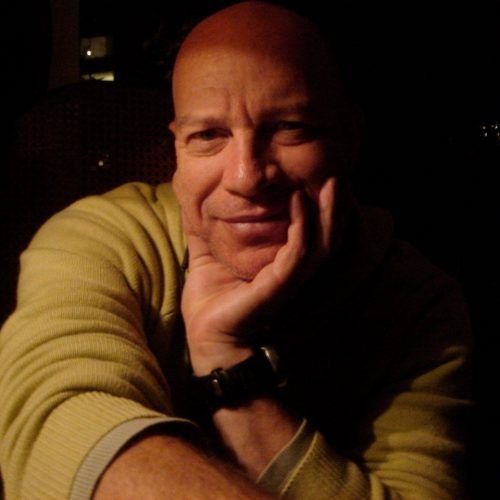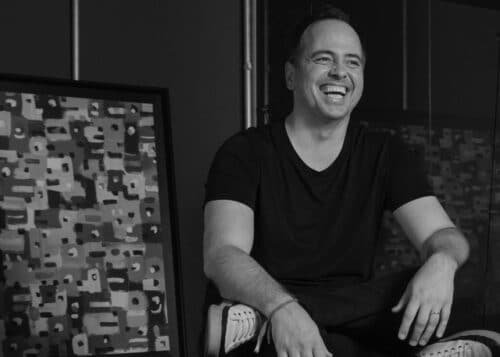“I also want a dozen carioquinhas”, I said distractedly to Mário.
Clarifying: Friday market behind Consolação Cemetery; Mário, owner of the best fruit stand at the fair; carioquinha – one of the passions of my life – is the gossip known as gossip carioca.
All this to tell you that after the phrase “I also want a dozen of the carioquinha”, a guy who was next to me turned around a little scared and said: “Alexandre Machado! Back home!"
He recognized me by voice! It never occurred to me that this could happen.
I've been a journalist for decades. A little more precisely, more than five decades ago. I've worked most of my life in print media or television. In print media, as everyone knows, the reader has no idea of the figure, much less of the journalist's voice. On television, the voice is not your main identity: you communicate with the voice but also with the expression on the face, you look worried, you use silence, the smile, sit down, stand up, walk around the set.
ON THE RADIO IS THE REIGN OF THE VOICE
When I was invited to do a program on Rádio Cultura FM, my experience in public speaking – television – and my ability to produce content – newspaper, magazine and TV were considered.
But what about the voice? Regarding the tonality, I was approved, since the fluency brought complications. I realized the useless arsenal of language addictions I was carrying. Staggered, “hãhãns”, stammered. A hell.
That's when I realized how fluent voice professionals are! A continuous speech, with smooth ups and downs, a beauty!
My God, how undesirable vices of language are. In my early days as a radio broadcaster, I lived with this battle daily: the fight against the “hãhãns” and admiration for the fluency of true radio broadcasters.
The battle against the “hãhãns” continues today.
The admiration for voice professionals remains the same, but over time, I noticed other tones. I noticed, for example, that some of those impeccable professionals who speak as if the phrases were melodies do not always know what is being said.
Suddenly, the technique calls for an emphasis in the middle of the sentence or some intonation of exclamation, admiration, disinterest or disapproval and this is said regardless of the true meaning of the sentence.
For those who are not paying attention, pass. An example: the announcer has the mission to tell that the inflation of such month was 0.01%. Not realizing the irrelevance of the rise, he reads it as if it were communicating something worrisome: “0.01% increase!”
The proximity to the “métier” awakened my attention to the best professionals. Voice, intonation, emphasis and understanding of what is being said or read. There is the great professional, and there are not few.
That's where I get inspired. In my daily life in front of the microphone I managed to overcome part of my vices. But, as I said, the fight for improvement continues.
I recognize the comfort of hearing a voice without choking. My consolation, my support, lies in something difficult to define: I believe in the listener's tolerance for those who speak impromptu and, supposedly, expose their issues with credibility.
In the end, the key is balance. The content class working to improve their voice technique and the fluency class working hard to understand what they read.
—
Alexandre Machado
Journalist for 55 years, presents “De Volta pra Casa” on Cultura FM; worked in newspapers (Jornal da Tarde), magazines ( Veja, Playboy) and television (Vamos Sair da Crise, Opinião Nacional)





